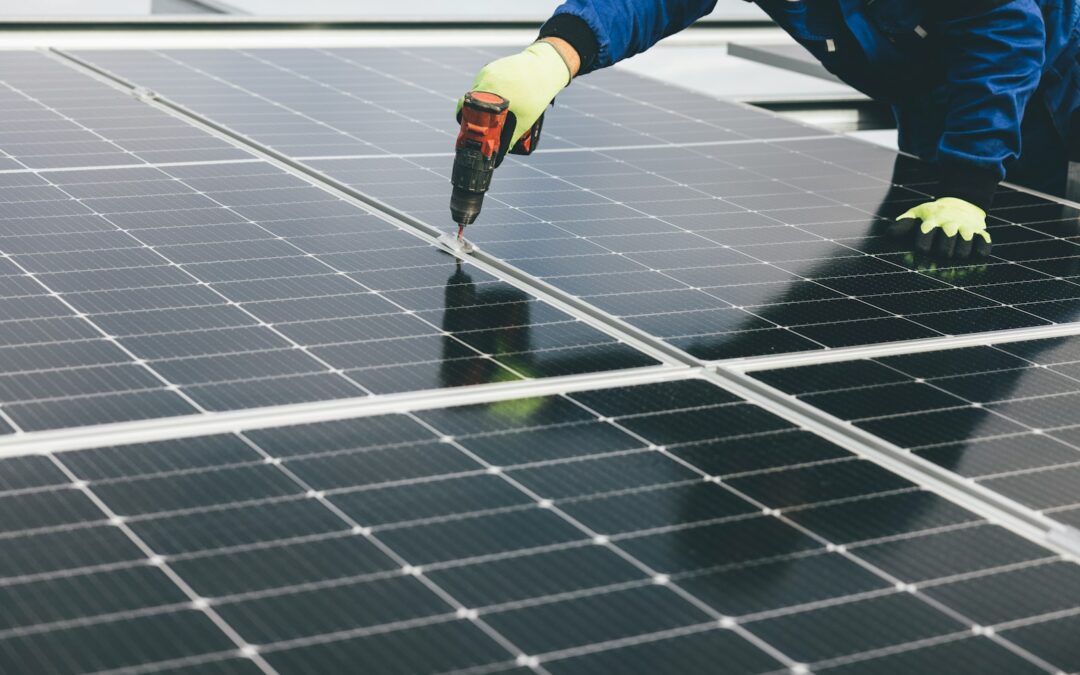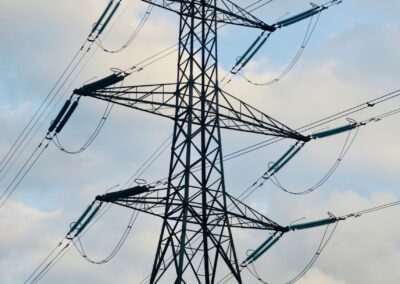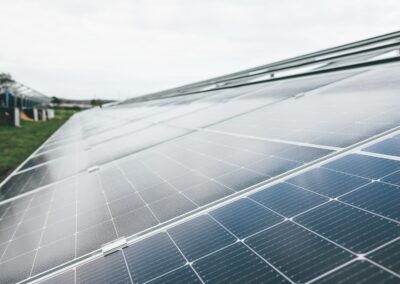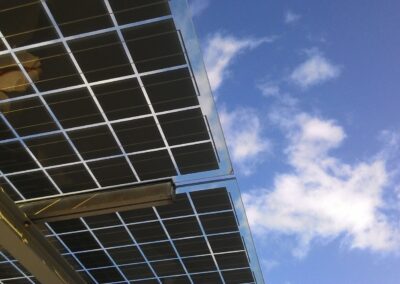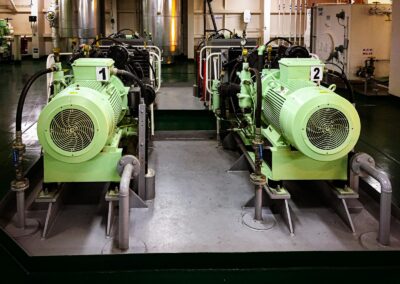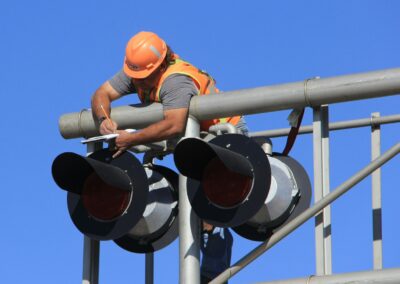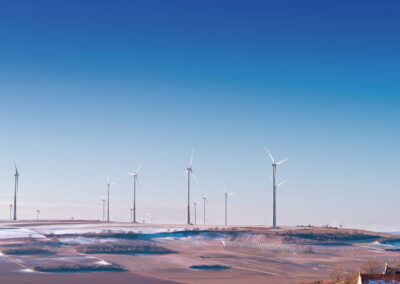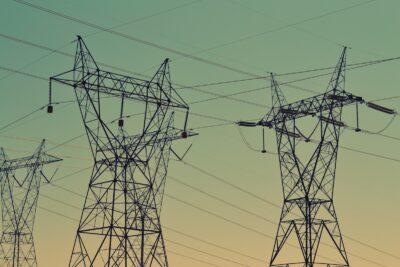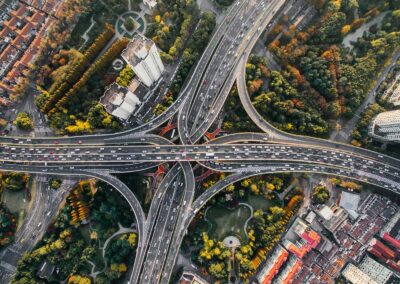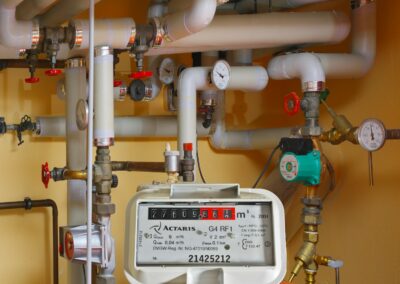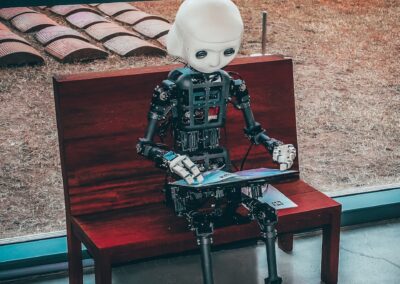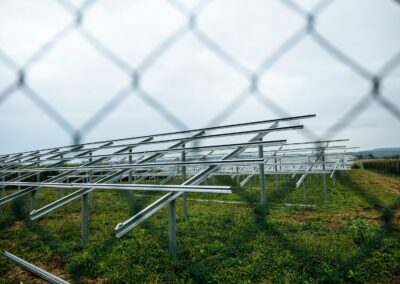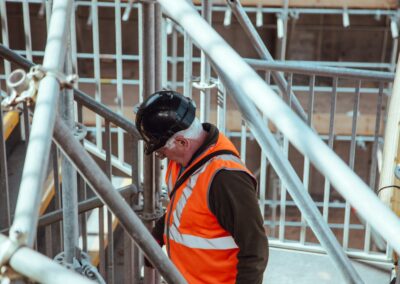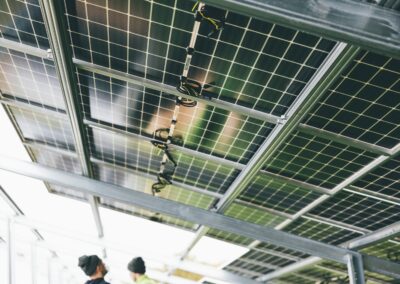Building a Sustainable Future Through Advanced Technologies
The Role of Digital Twins in Modern Energy Systems
Digital twins in energy systems are transforming the way we approach resilience and adaptability in the face of climate change and other challenges. Digital twins, virtual replicas of physical assets, enable real-time monitoring, analysis, and optimization of energy systems. This technology provides a comprehensive framework for enhancing the performance and sustainability of energy infrastructure.
In regions like Saudi Arabia and the UAE, where energy demands are high and climate conditions are extreme, the implementation of digital twins is crucial. For instance, in Riyadh, digital twins are being utilized to optimize the operations of smart grids, ensuring efficient energy distribution and reducing the risk of outages. By simulating various scenarios, these digital models help in predicting potential issues and implementing proactive measures.
Dubai, known for its ambitious technological advancements, has also embraced digital twins in its energy sector. The integration of digital twins with Dubai’s energy systems allows for real-time data collection and analysis, leading to better decision-making and enhanced energy efficiency. This approach not only improves resilience but also supports the city’s sustainability goals.
Improving Resilience and Adaptability to Climate Change
The ability of digital twins in energy systems to enhance resilience and adaptability to climate change is one of their most significant advantages. Climate change poses numerous challenges to energy infrastructure, including increased frequency and intensity of extreme weather events. Digital twins enable energy providers to simulate the impact of these events on their systems and develop strategies to mitigate risks.
In Saudi Arabia, digital twins are being used to assess the resilience of energy systems to heatwaves, sandstorms, and other climatic conditions. By analyzing data from these digital models, energy providers can identify vulnerabilities and implement solutions to enhance the robustness of their infrastructure. This proactive approach is essential for maintaining reliable energy supplies in the face of environmental challenges.
Similarly, the UAE is leveraging digital twins to bolster its energy systems against climate-related threats. In Dubai, for example, digital twins are used to simulate the impact of rising temperatures on energy consumption patterns and infrastructure. This allows for the development of adaptive strategies that ensure energy systems can withstand and recover from adverse climatic events, supporting the city’s broader resilience initiatives.
Driving Sustainability and Efficiency in Energy Systems
The integration of digital twins in energy systems not only enhances resilience but also drives sustainability and efficiency. Digital twins enable continuous monitoring and optimization of energy consumption, leading to reduced waste and lower carbon emissions. This is particularly important in achieving sustainability targets set by governments and organizations.
In Riyadh, digital twins are being deployed to monitor energy usage in large commercial and residential developments. By providing detailed insights into energy consumption patterns, these digital models help identify areas for improvement and implement energy-saving measures. This contributes to Saudi Arabia’s Vision 2030, which emphasizes sustainability and environmental stewardship.
Dubai’s commitment to sustainability is further strengthened by the use of digital twins in its energy systems. The Dubai Electricity and Water Authority (DEWA) utilizes digital twins to optimize the performance of its solar power plants. By analyzing data from these digital models, DEWA can enhance the efficiency of solar energy production and reduce operational costs. This approach not only supports Dubai’s sustainability goals but also demonstrates the potential of digital twins to transform energy systems worldwide.
Conclusion
In conclusion, the application of digital twins in energy systems plays a pivotal role in enhancing resilience, adaptability, sustainability, and efficiency. Case studies from Saudi Arabia and the UAE highlight the transformative impact of this technology on modern energy infrastructure. By providing real-time data and predictive insights, digital twins enable better decision-making, proactive risk management, and optimized energy performance. As the world continues to face the challenges of climate change, the integration of digital twins in energy systems will be crucial for building a sustainable and resilient future.
#DigitalTwins #EnergySystems #Resilience #ClimateChange #Sustainability #SmartGrids #SaudiArabia #UAE #Riyadh #Dubai #ArtificialIntelligence #ModernTechnology #BusinessSuccess #Leadership #ManagementSkills

